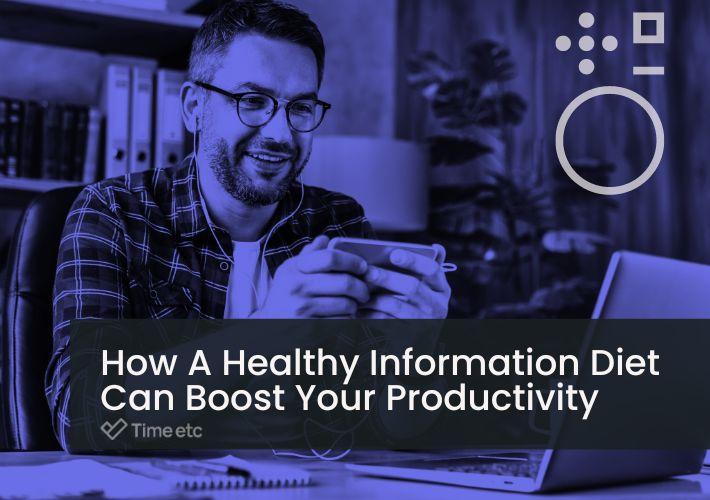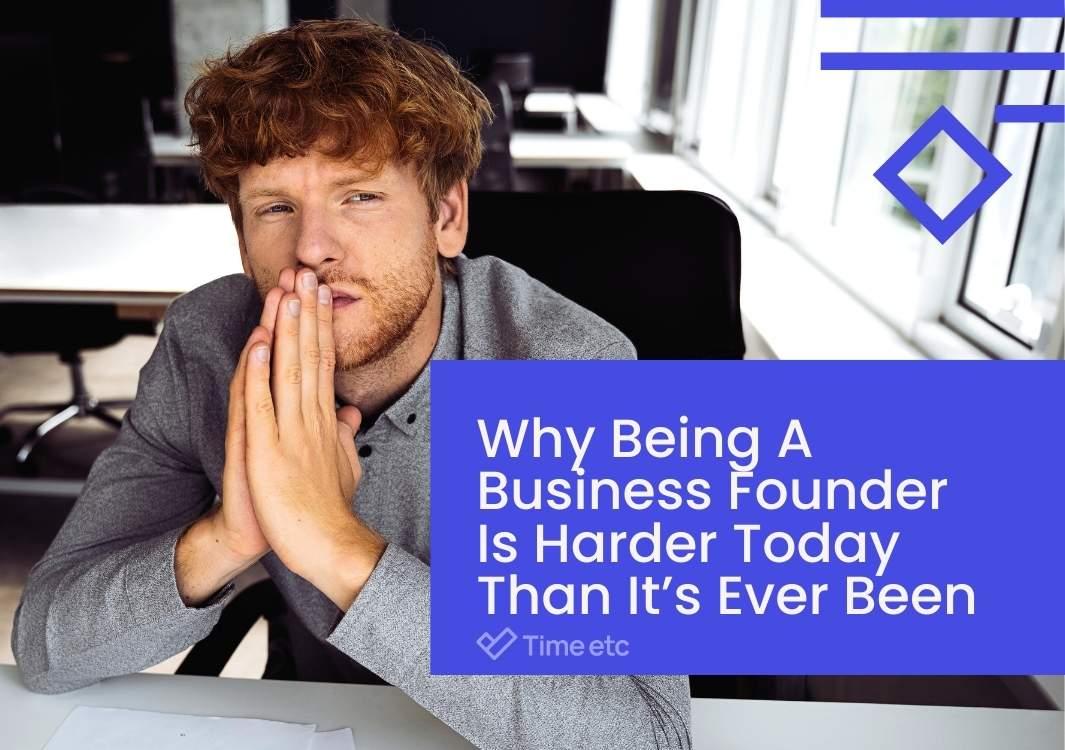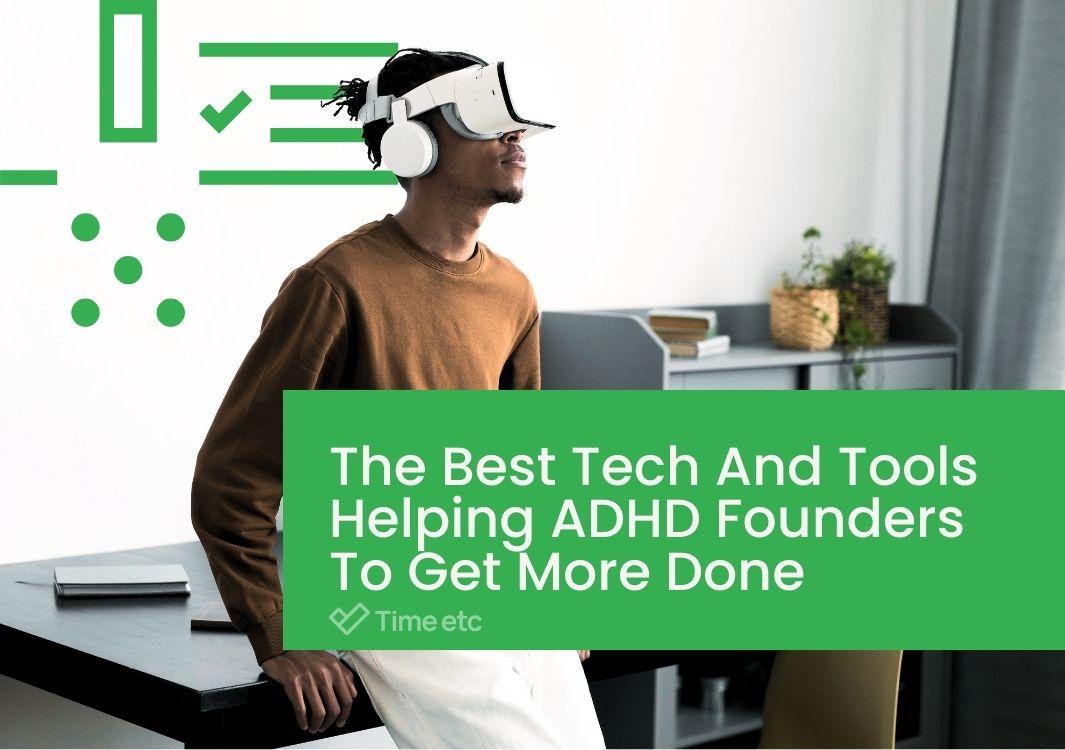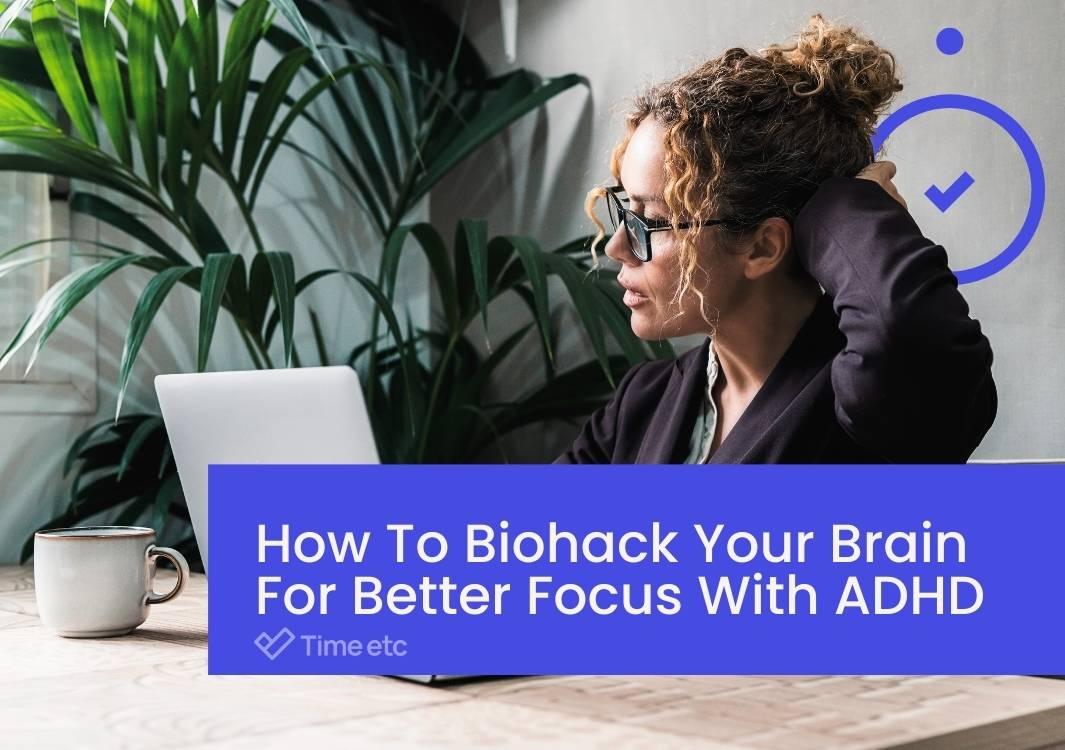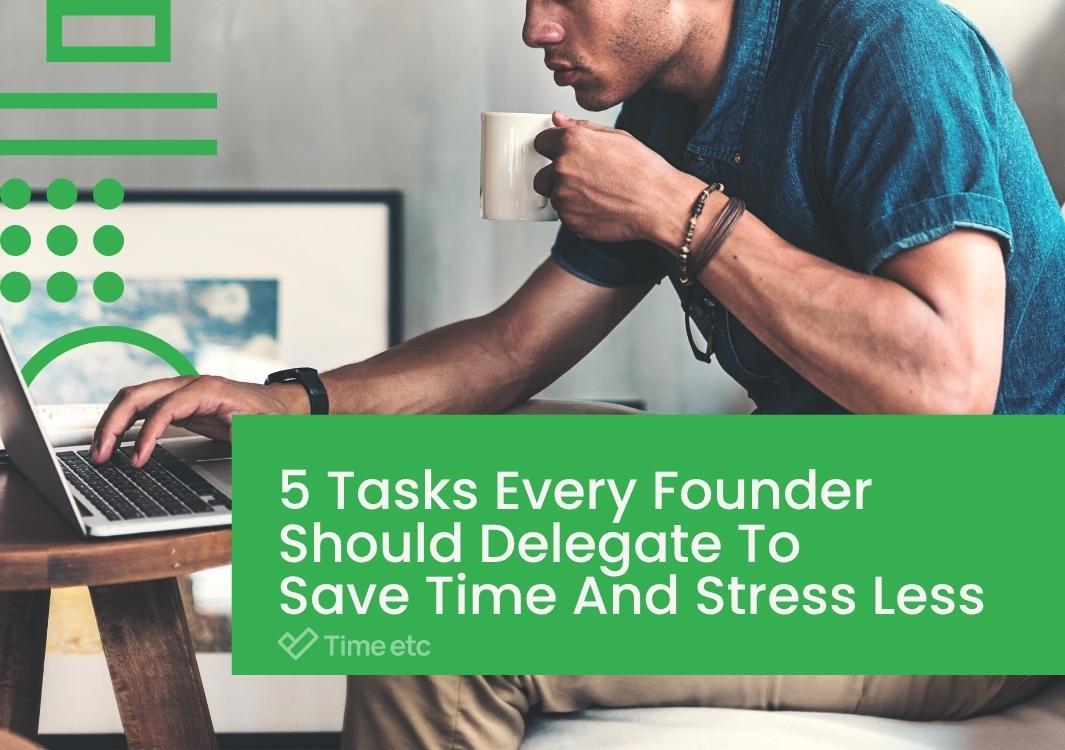When was the last time you thought about your information diet? If you’re like most people, the answer is probably ‘never.’
There’s no denying that the “Information Age” is an exciting and liberating time to be alive. With the advent of the internet, we now have access to a seemingly endless pool of knowledge and advice at our fingertips. And according to behavioral psychologist and neurologist Daniel Levitin, we have created more information in the last ten years than in all of human history before that!
So what does this mean for entrepreneurs?
For those of us working in the digital space, we’re rarely disconnected from our devices. From the moment we wake until we go to sleep, we’re hit with information from every possible source. Whether it’s Twitter, Facebook, Instagram, or email, we’re constantly bombarded with messages, facts, and opinions.

The human mind is inquisitive by nature, but some experts believe the habits we have developed around our information consumption are starting to cause issues in our modern world. “Our brains are equipped to deal with the world the way it was thousands of years ago when we were hunter-gatherers”, says Daniel Levitin, “Back then the amount of information that was coming at us was much less and it came at us much more slowly”.
The result? Information overload, or “infobesity”.
What Is Infobesity?
Constantly consuming large amounts of information—particularly when it's not necessary or beneficial to our needs—can lead to infobesity.
So much like the food we put in our bodies, it’s important to be mindful of the quality, quantity, and frequency of information we digest.
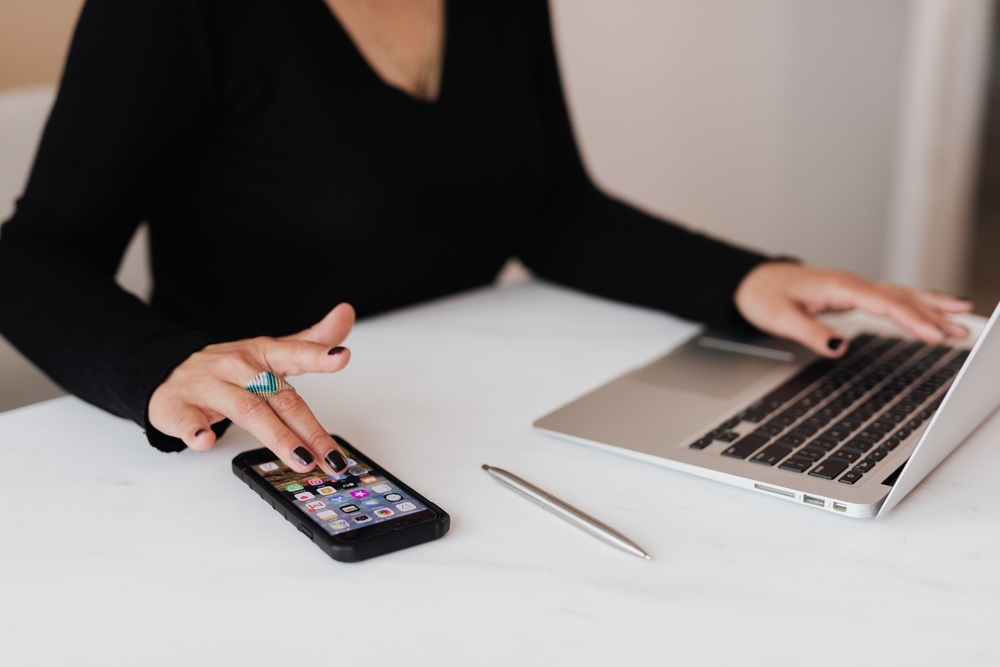
How Does Infobesity Affect Productivity?
The effects of this deluge of data can impact both your professional and personal life. Here are some of the most significant issues that experts have linked to infobesity:
Mental health
Information overload can be a real problem, especially when it comes to our mental health. It can leave us feeling overwhelmed, anxious, and exhausted from having to constantly process new information.
Efficiency
In today's hectic world, it is often thought that the ability to multitask is a necessary skill. However, recent research from both psychological and business productivity fields is claiming the opposite to be true. Multitasking during cognitive tasks can reduce IQ by up to 15 points, which is the same as if you were running on zero hours of sleep the night before. When you have lots of different information thrown your way, your brain is forced to multitask. As a result, your speed and efficiency when completing tasks are likely to drop.

Decision-making
From your morning coffee or breakfast choice to hiring new employees and critical opportunities for growth, an entrepreneur’s daily life is filled with decisions. When there is so much at stake, it is only natural that we want to be as well-informed as possible. But too much information can create confusion instead of clarity.
According to a recent survey of senior business leaders, 32% of respondents believe that increased access to data and information has made their decision-making processes worse instead of better, and 36% say their organization is struggling to cope with information overload.
When you have access to so many varying, and often conflicting, sources of information, this can lead to choice paralysis, the concept that “the more options we have in front of us, the harder it becomes to choose one.” Not only that, the time we spend navigating the masses of data, resources, and files to help us make decisions can really stack up. Just under 20% of business time—the equivalent of one day per working week—is wasted by workers searching for information they need to do their role effectively.
Memory
Similar to the effects of multitasking on your efficiency, dealing with lots of different information at once can lead your memory skills to deteriorate. Advancements in technology have led to the proliferation of “media multitasking” – working on your computer with the TV on while replying to messages on your smartphone, for example. A 10-year study from Stanford University showed that people who frequently use different types of media at once perform significantly worse on simple memory tasks.
According to neuropsychologist Dr. Kenneth Freundlich, “Our working memory – the mental workspace that retains information long enough for us to manipulate it or use it – can hold fewer than ten items at a time. Being constantly bombarded with far more information than we can process works to the detriment of our memory, our concentration and ultimately our ability to produce timely results and make good decisions.”

Creativity
The effects of infobesity can also impact your creative skills. When we are subjected to interruptions and distractions caused by excessive information, we often have no room left in our minds for innovative ideas. Many studies support this notion, with one 2016 study reporting a negative correlation between information overload and creativity in businesses, and the findings of another suggesting that our most creative ideas come to us when our mind is allowed to wander freely.
How To Tackle Infobesity
A healthy information diet can be extremely beneficial for your entrepreneurial progress and state of mind in general. Just like with any diet, making more intentional choices when it comes to the content you consume can have a profound impact on your wellbeing and productivity.
But unlike other diets, I’m sure you’ll find this is one of the easiest to stick to because it doesn’t involve giving up anything you really enjoy consuming. Rather, you’re just prioritizing the most valuable and beneficial information and cutting down on the junk that leaves you feeling bad or wastes your productive time.

Set time limits
It goes without saying that information is everywhere. While there are those who choose to live completely off the grid, most of us would struggle to do our jobs without it. So instead of trying to avoid it completely, try setting limits on the time you spend gathering information.
Without a firm structure or boundary, it’s easy to get sucked in by the mass of distractions you’ll face at every turn. But when you give yourself a limited amount of time, you’re forced to be more strategic and selective with the websites you visit. No more accidentally falling into a Wikipedia or YouTube wormhole when you only intended to quickly search for something specific.
Take breaks
If someone asked you to watch 16 full-length movies in one day, how would you react? I’m willing to bet that you wouldn’t be too eager. Chances are, you feel overwhelmed and exhausted just thinking about it! But based on recent reports, it is estimated that the average person in today’s world processes around the equivalent amount of information (74 GB) every single day. How is all that data reaching us? Our devices. The average person in the United States spends approximately 10 hours and 39 minutes each day on smartphones, computers, video games, radios, tablets, and TVs.
Taking regular time away from our devices can go a long way in countering the effects of infobesity, but when is the best time to take these breaks?
- Morning: There is growing evidence to suggest that how you start your day can set the tone for the rest of it. A recent study found that people who watched as little as three minutes of negative news in the morning were 27% more likely to report having a bad or unhappy day six to eight hours later. Switching to an old-fashioned alarm clock, turning notifications off from your lock screen, or turning your bedroom into a no-phone zone can help you avoid being bombarded with information as soon as you wake up.
- Midday: By lunchtime, it’s likely you’ve already spent several hours behind a screen, so this is a great time to step away from your desk. If you want to reap the most benefits, aim to get out of the office if you can. This can not only help boost your focus and reduce anxiety, but recent research by the American Psychological Association found that every single participant enjoyed their afternoon work more if they got out of the office for a walk on their lunch break.
Turn on filters and turn off notifications
Have you ever noticed that you spend more time on social media when you are bored or stressed? In behavioral psychologist Nir Eyal’s book Hooked: How to Build Habit-Forming Products, he explains how tech giants have managed to make social media so addictive. In short, by guiding us through the same ‘hooks’ repeatedly, which then become habits, we become hardwired to associate social media content with more preferable emotions.
But for every piece of content we consume, there is a consequence. In the same way that a single piece of junk food isn't dangerous to your health, a single piece of low-value content won’t completely derail your success. Let’s be honest, even the best of us can be tempted to indulge in clickbait posts or gossip articles. But each time we do, we have less time, less attention, and less energy to process more valuable information that could help us achieve more or push our business forward.
Here, the most effective solution is not to try to “get better” at resisting these expertly engineered temptations, but to give yourself fewer opportunities to be distracted in the first place. Apps like ColdTurkey and Freedom, as well as the in-built Digital Wellbeing for Android and Screen Time for iOS, can block distracting websites and apps so you no longer have to be a slave to the scroll.

Focus on quality content that takes you closer to your goals
Being more mindful about the information you consume is vital in preventing yourself from becoming overwhelmed. So once we’ve cut down on the junk, it’s time to build up the content that will enrich you. Think quality over quantity.
As a starting point, I always recommend looking for books, audiobooks, podcasts, or online resources packed with tips and guidance from experts. This is a great way to open your mind to new ideas, enhance your knowledge, and equip yourself with all the necessary tools to be a successful business leader.
Once you’ve established your preferred, quality content, keep it easily accessible at all times. You’ll be consuming with purpose, not to procrastinate, so don’t feel guilty for dipping in throughout the day. Why not block out time in your calendar, take some time away from your desk, grab a cup of your favorite hot drink, and enjoy the experience?

What’s The Bottom Line?
One of the biggest issues today isn't just finding information — it's deciding which information matters. Today there is more information available to us than ever before, but “more” doesn’t always equal “better”. When we consume information beyond a reasonable level, we risk becoming overwhelmed and for our productivity to suffer.
Taking steps toward a healthier information diet can stop you from overloading your brain with irrelevant and unimportant material. When you eliminate the unnecessary and distracting filler from your life, you’ll find you have much more time, energy, and focus to dedicate to what matters most.

